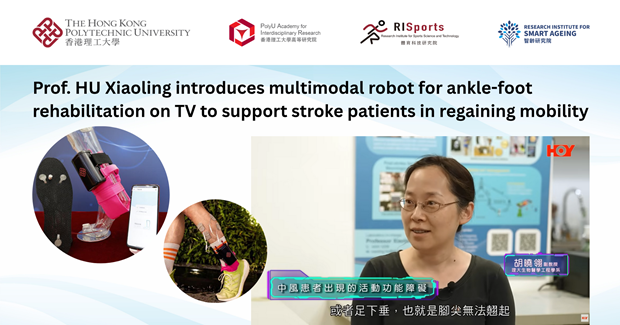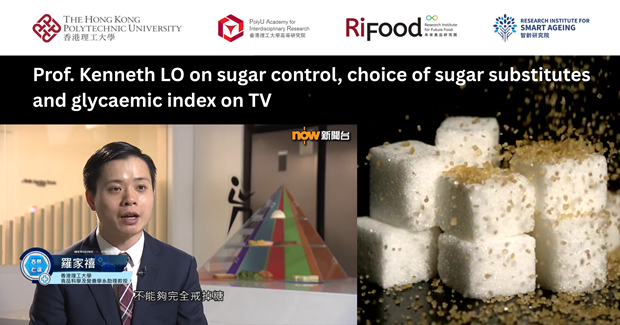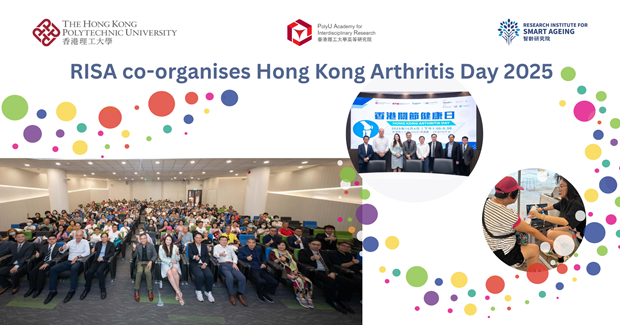Prof. Sonata YAU, Member of Mental Health Research Centre (MHRC) and Associate Professor of Department of Rehabilitation Sciences at The Hong Kong Polytechnic University, recently penned an article for Ming Pao on the link between sarcopenia (commonly known as “muscle loss”) and depression, explaining the close bidirectional relationship between the two conditions.
In the article, she mentioned that approximately 10% of Hong Kong’s elderly population suffers from depression, and several large-scale studies have shown that persons with sarcopenia have a higher risk of depression than the general population. An eight-year longitudinal study in China revealed that sarcopenia and depression interact with each other: individuals with sarcopenia have about 70% higher risk of depression, while individuals with depression have 50% increased risk of developing sarcopenia, thus forming a vicious cycle.
Prof. Yau emphasised that consistent exercise, balanced diet and structured lifestyle can help improve the situation. She recommended the public to regularly engage in the following two types of physical exercise to prevent and reverse the problem of co-occurring sarcopenia and depression:
- Resistance training (e.g., dumbbell lifting, resistance band workout, squats): it promotes protein synthesis in muscle cells, helping improve muscle strength and mass; and promotes brain neuroplasticity, helping reduce depressive symptoms with noticeable antidepressant effects in the short term.
- Aerobic exercise (e.g., brisk walking, cycling, swimming): it maintains mitochondrial function in muscles and reduces muscle protein breakdown, helping to fight sarcopenia; and enhances cerebral blood flow as well as the secretion of serotonin and neurotrophic factors in the brain, supporting mood regulation.
Online coverage:
Ming Pao Daily News - https://polyu.me/3HTksBg
| Research Units | Mental Health Research Centre |
|---|
You may also like













